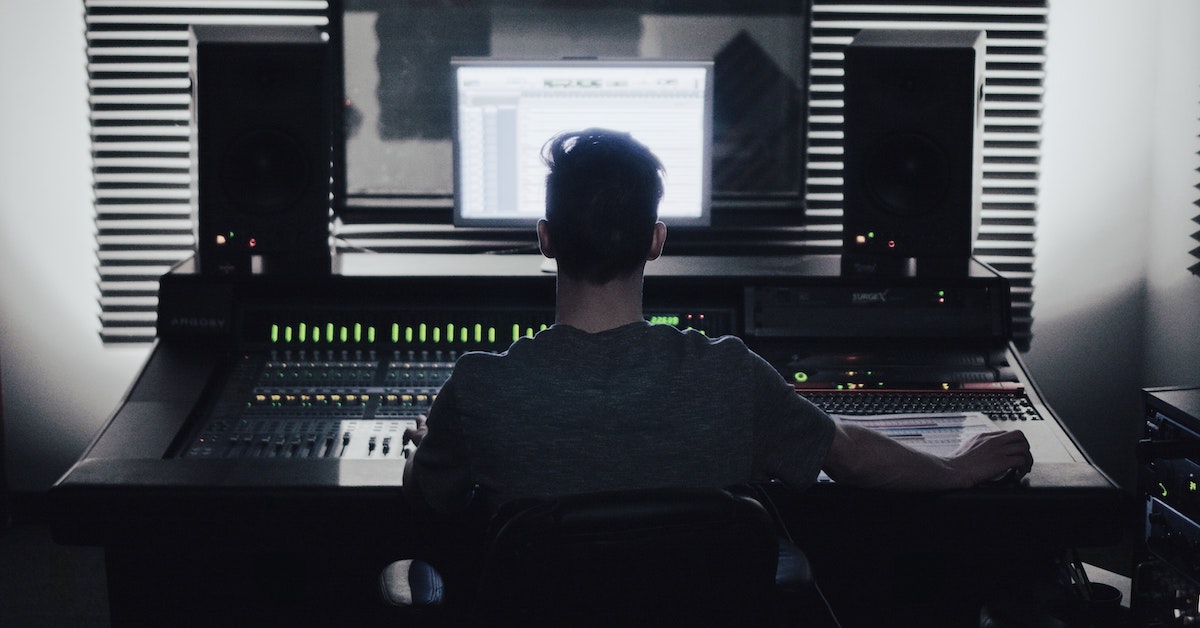Most of the time when you start writing a song, you’re thinking about what you’re feeling and what you want to say. Good! That’s the best way to approach your songwriting. But it’s also a good idea to keep a little corner of your brain focused on the song genre you want to aim for. Knowing your song’s genre right from the start, will make it much easier to find an audience for it down the road, and possibly a music publisher or record label.
Tag: genre
Which Genre Is the Right One?

I got a question recently from a songwriter who is torn between two very different song genres —Pop and Contemporary Folk. He loves both and sees the strengths in both. But because he can’t decide which to focus on, he’s having trouble getting started and working on a song. Which style is it going to be?
Which genre am I writing in?
The whole question of choosing a song genre can be frustrating, especially if you’re drawn to a couple of the big ones – like Pop and Folk. Every style—from Pop, Country, and Rock to R&B, Folk, and Blues—has a different approach to melody, lyrics, and production. Veering between two styles within a single song can be a disaster. And working on a Pop song while wondering if maybe it should be a Folk song can distract you from the things you should be focusing on.
Targeting a song genre helps you build an audience and gives you an edge when it comes time to market your song to the music industry. It’s an important issue and one that every serious songwriter has to confront sooner or later. So, what do you do? How do you choose? Here are some ideas that might help.
Music Producers: What They Do and How to Find One
If you’re an artist or band making an Indie CD or EP, or a songwriter recording a master to pitch to film and TV, there’s a good chance you’re thinking about hiring that magical, mystical creature called “The Music Producer.”
So… how does that work? What does a music producer do? How do you know if you’ve found the right one? Where do you find one? Let’s begin with the most basic question and go from there.
What do you want from a music producer?
Start by asking what you want a producer to do for you. There’s probably a range of things. Among them, maybe you want a producer to…
What to Do AFTER You Write Your Song
Your song is finished. You like what you’ve written. You think it has commercial potential. Now what will you do with it? You’ve got options. You can start by pitching it directly to music publishers or, in today’s Internet-driven music business, you might decide to create a buzz around your song on a site like YouTube.
Here are six tips for increasing your chances of finding a home for your song in the music business.
1. Know what GENRE you’re writing in. For the best chance of success, write your songs in a contemporary style that you hear on the radio or on film and TV. Music publishers and music supervisors look for songs that appeal to an established audience. If you fit in to a style with proven appeal, you’ll have a better chance of a successful pitch.
This doesn’t mean you should write a song in a style you don’t like or don’t feel comfortable with. Stay true to your emotions and themes, but you can make small decisions as you go along that will steer your song toward a more marketable sound if you keep a genre in mind as you go along.
For the best result, ask yourself what genre you want to write in BEFORE you write your song. Then you’ll be able to shape your song as you go along. Then, when a music publisher asks you what current style you’re writing in, or what artist do you sound like, you’ll have your answer ready.
Find out how to break down a genre and study it.
2. Aim your song toward a USE. Will you pitch to film & TV music libraries? Or pitch to other artists through a music publisher or personal contact? Or perform it in your own live shows? Each of these songs has to perform a different job. This will suggest, for example, how big and catchy your chorus needs to be. For an artist looking for a hit single, think big, irresistibly hummable chorus. For a film & TV song, you can keep it more low key and intimate.
A great song that works for one type of use may not work well for a different use. Just because a song isn’t a hit single, doesn’t mean it isn’t a great song. Maybe it would be perfect under a scene in a prime time TV series. Study songs that are successful in the market you want to write for and learn from them.
More about writing songs for movies and TV shows.
3. Know which contemporary artists are similar to you. The first thing the music industry will ask is who do you sound like (if you’re an artist) or what style/artist do your songs sound like. This is standard shorthand for the industry so be ready with an honest, accurate answer. It’s not that they want you to copy or sound exactly like someone else, but they need a ballpark so they can quickly assess whether you fit into their current needs.
SONG PLAYLISTS: A Film & TV Songwriter’s Secret Weapon!
When I asked successful music supervisors how they manage to find the song they’re looking for among the thousands of song links, mp3s, and CDs they collect every year, they all told me they keep “song playlists.”
Music supes have to find songs quickly. When a film director or TV series producer shouts “Get me a quirky, upbeat love song!” the music supe has to scramble to find three to four songs that fit that description ASAP. A playlist of “Quirky, Upbeat Love Songs” will be just what’s needed. If they don’t have that, the chances of uncovering the right song in a few short hours will be next to zero.



